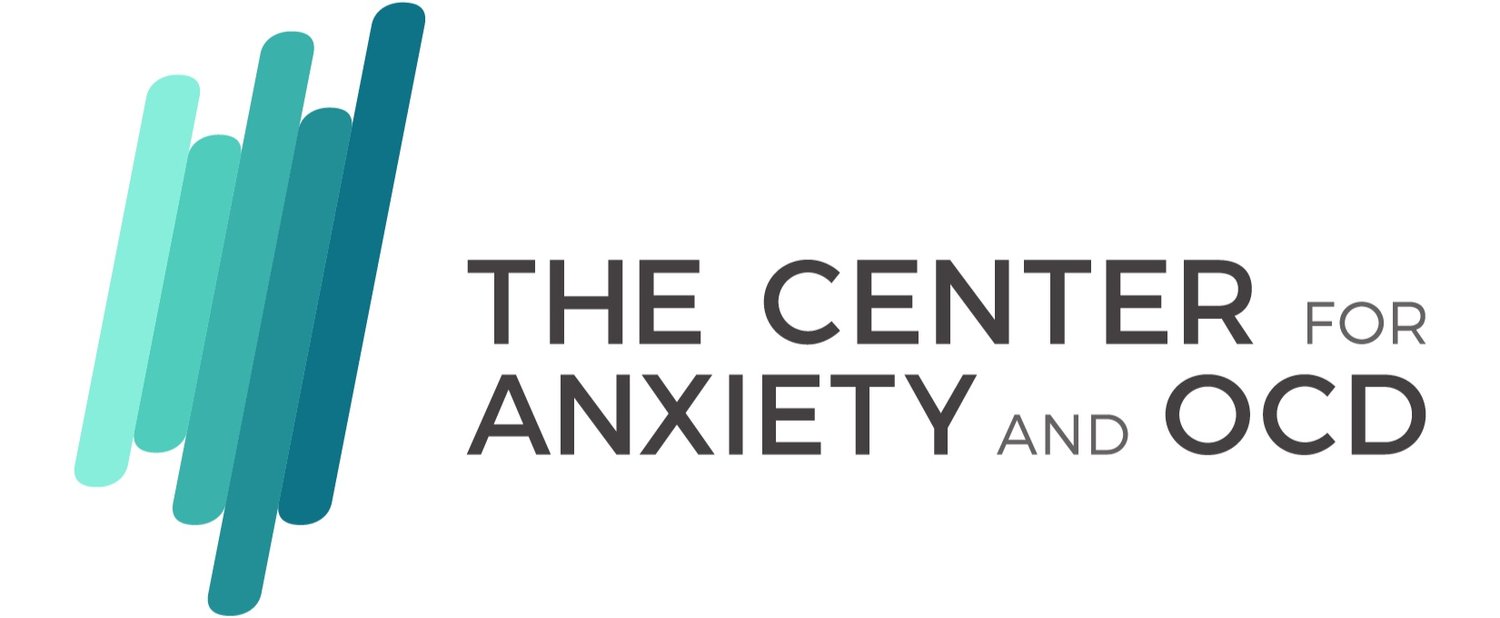
Social Anxiety
Social anxiety, or social phobia, affects 15 million adults each year and is characterized by extreme anxiety and discomfort during social interactions, at the possibility of judgement or even at the thought of being negatively evaluated. Often accompanied by extreme physical symptoms such as nausea, sweating and upset stomach, social anxiety is far more than typical shyness and when left untreated, can wreak havoc on our quality of life. Those who are socially anxious have an extreme and often irrational fear of being negatively judged as stupid, awkward, or boring, and will go to extreme lengths to avoid social situations and public speaking. After such interactions, those with social anxiety will often ruminate on how they behaved and check for anything ‘stupid’ they may have said or done.
Common Signs and Symptoms of Social Anxiety
Fear of being judged as stupid, awkward, or of being negatively evaluated
Exaggerated fear of what others may think
Sweating, heart pounding or thoughts racing when in social situations or when anticipating attending social events
Difficulty with interviews, dating and groups
Panic attacks preceding socialization
Excessive rumination after social events and imagining what others may be thinking
Treatment for Social Anxiety
In a society where extroversion is highly prized, experiencing social anxiety can be quite debilitating, and many with social anxiety will do anything to avoid the distress they feel. Sufferers will often retreat further and further into isolation to avoid having to face their fears, which can increase the likelihood of co-morbid depression. The good news is that social anxiety is highly treatable through the use of cognitive behavioral therapy (CBT) to challenge faulty thinking patterns (ex: “everyone at the party thinks I’m stupid”), acceptance and commitment therapy (ACT) to accept the presence of unwanted thoughts, and exposure with response prevention (ERP) to gradually expose the sufferer to their feared scenarios. At CAOCD, the goal of treatment is not the eliminate the possibility of judgement or negative appraisal- that is impossible. Rather, the goal is to increase tolerance around this possibility while developing the necessary skills to cope with discomfort when it inevitably arises. This strategy is ultimately the most sustainable and realistic path forward.
